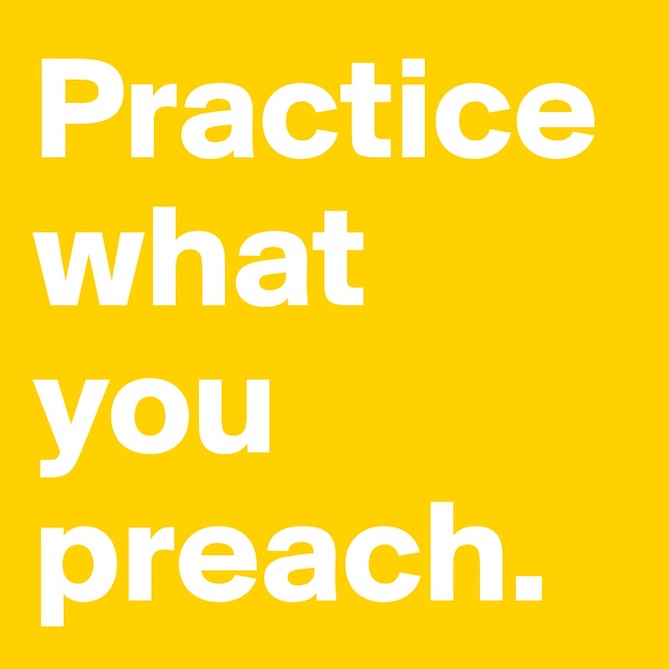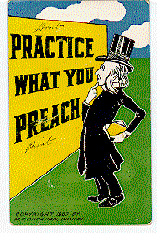
Practicing What You Preach: Some Thoughts on Balancing Performing and Teaching
Natasha Brofsky
During my preparation for playing a faculty recital at NEC’s Jordan Hall at the end of March, I found myself thinking a lot about the challenges of maintaining a teaching and performing career. I always find it the most challenging to play for the “home crowd,” especially students and colleagues, because I hope that I will in some way be able to “practice what I preach.” As a cello teacher my listening is focused on how a phrase could be played in a different, more compelling way, and how technique can serve the music. I find that turning my critical teaching ear on myself can inspire me but also paralyze me, because while I am playing I am hearing all the possibilities for doing it better: all the ways I have taught a particular shift, an amount of bow speed or a type of vibrato. I did find that taping myself practicing was helpful, so I could listen to myself with a more similar perspective to teaching.
How do I perform and be present in my own performance? Of course as players we are always teaching ourselves, but when you do a lot of teaching, that analytical voice can become amplified to the point of paralysis.
But what is the ultimate goal of a teacher if not to inspire? Teaching helps you to conquer fear in your own playing because you must inspire your students to reach beyond their own perceived limitations. Couldn’t I try to inspire myself in the same way? In the end I found the solutions were, as any performer knows, to use the practice time to teach myself, but when performing to turn off the critical voice and focus on the emotional quality of the music.
I also reminded myself that we are all striving for a musical ideal, and that teaching is the ultimate search for idealism, but that I would forgive myself if I wasn’t able to do everything I tell my students to do.
Performing keeps you hum ble as a teacher!! It is so much easier to assess how things sound from the outside.
ble as a teacher!! It is so much easier to assess how things sound from the outside.
Teaching cello is also like parenting. Just as children pick up their parents’ mannerisms and expressions, so do cello students pick up their teacher’s good habits as well as their teacher’s idiosyncrasies. Students are absorbing things by osmosis, and therefore it is important to hear their teacher perform so they realize what they do and do not want to pick up themselves!
Subjects: Artistic Vision
